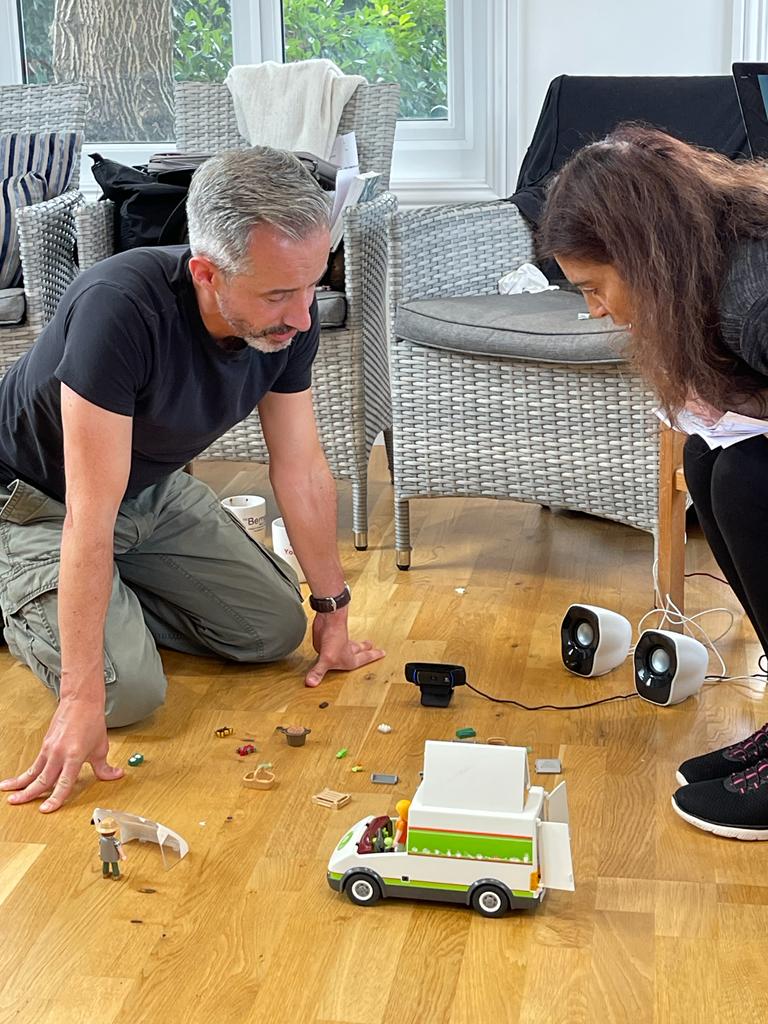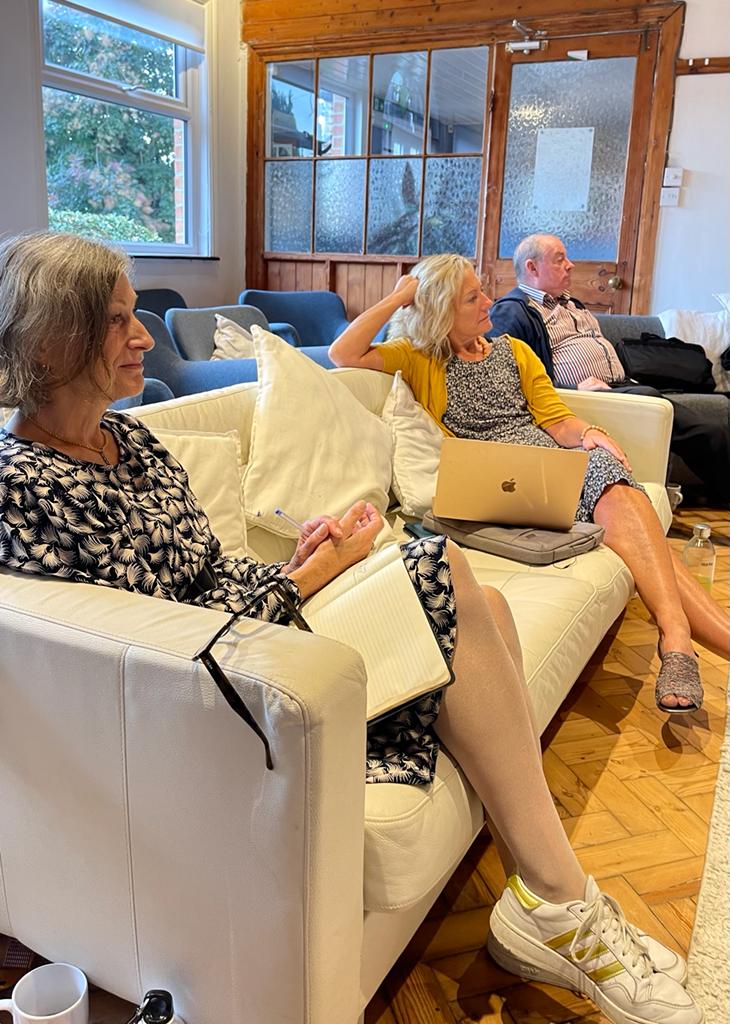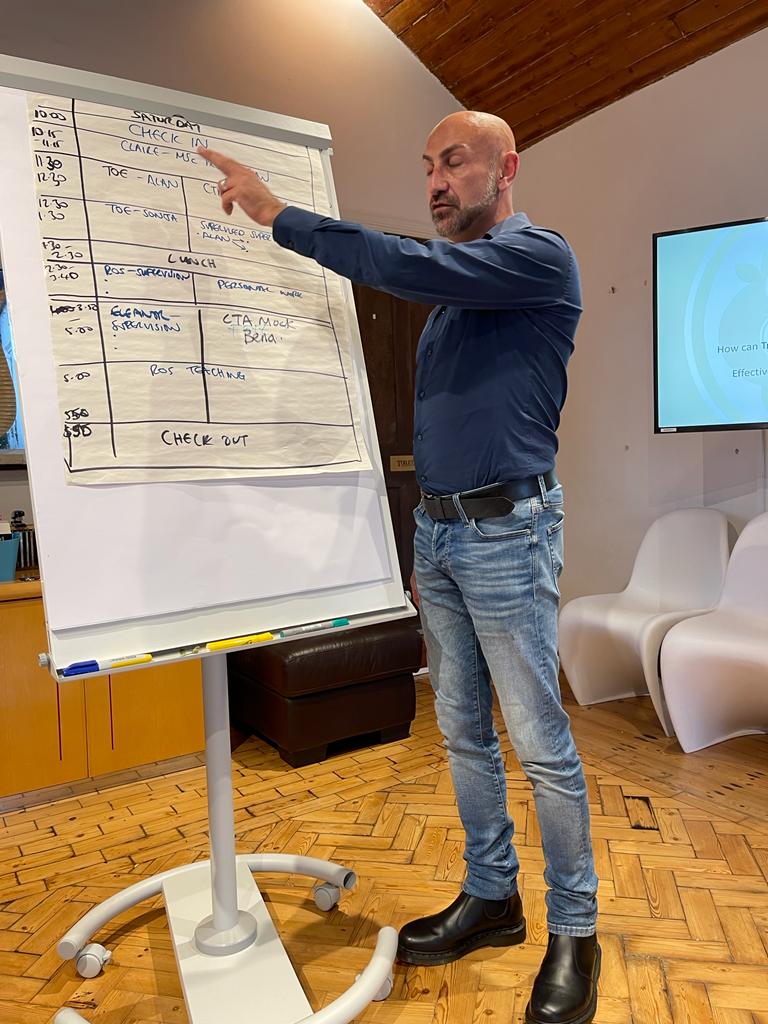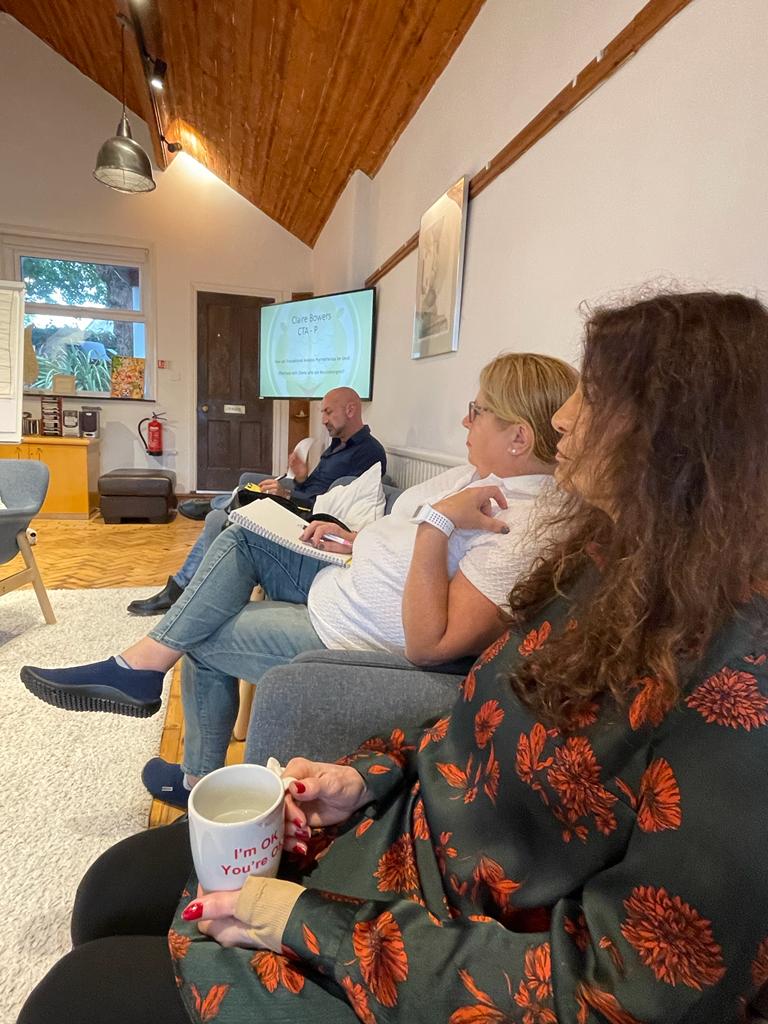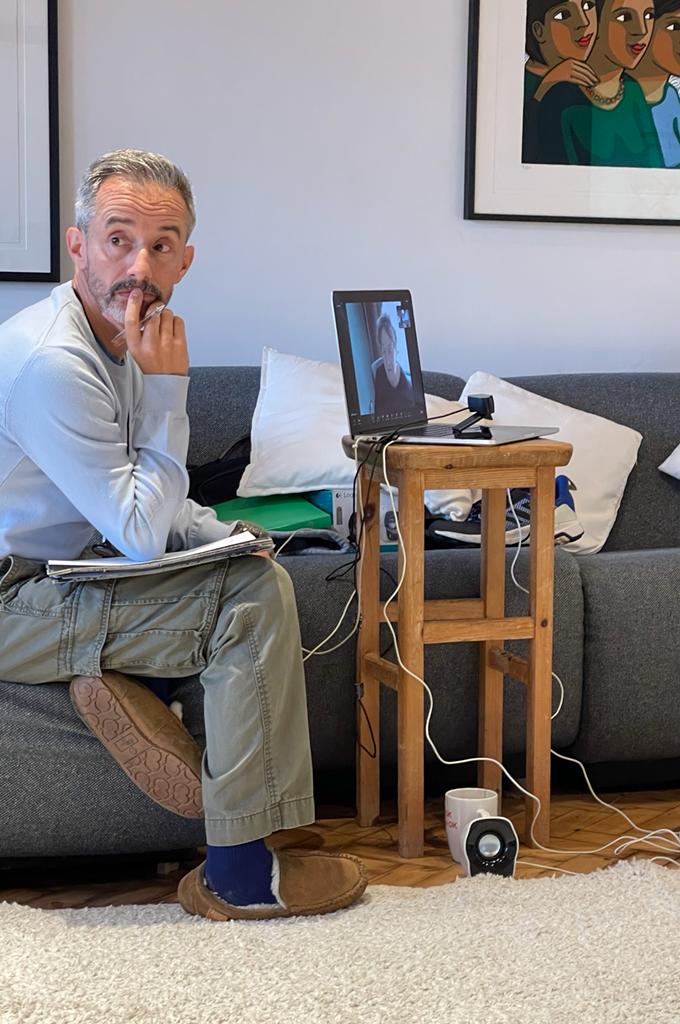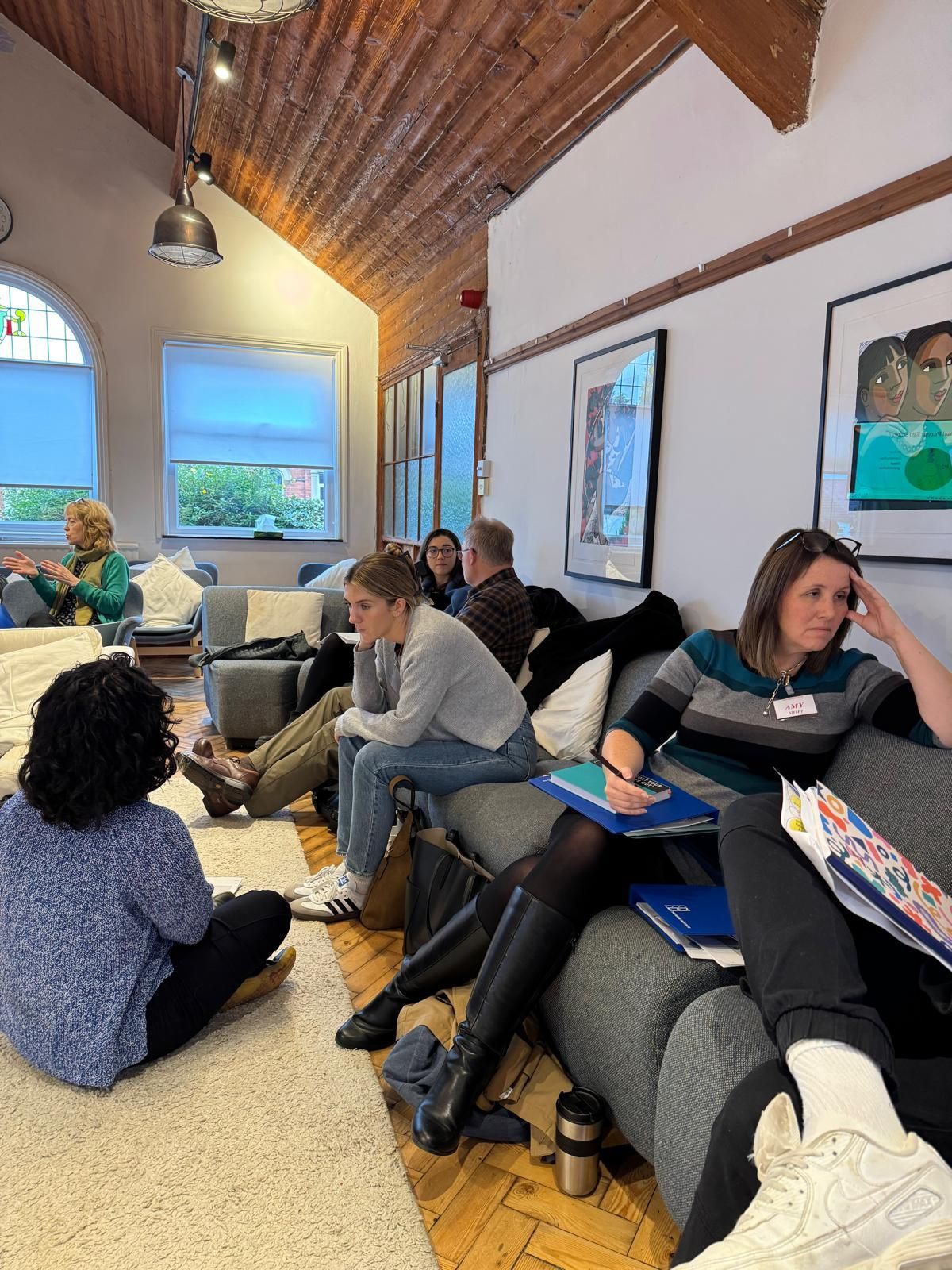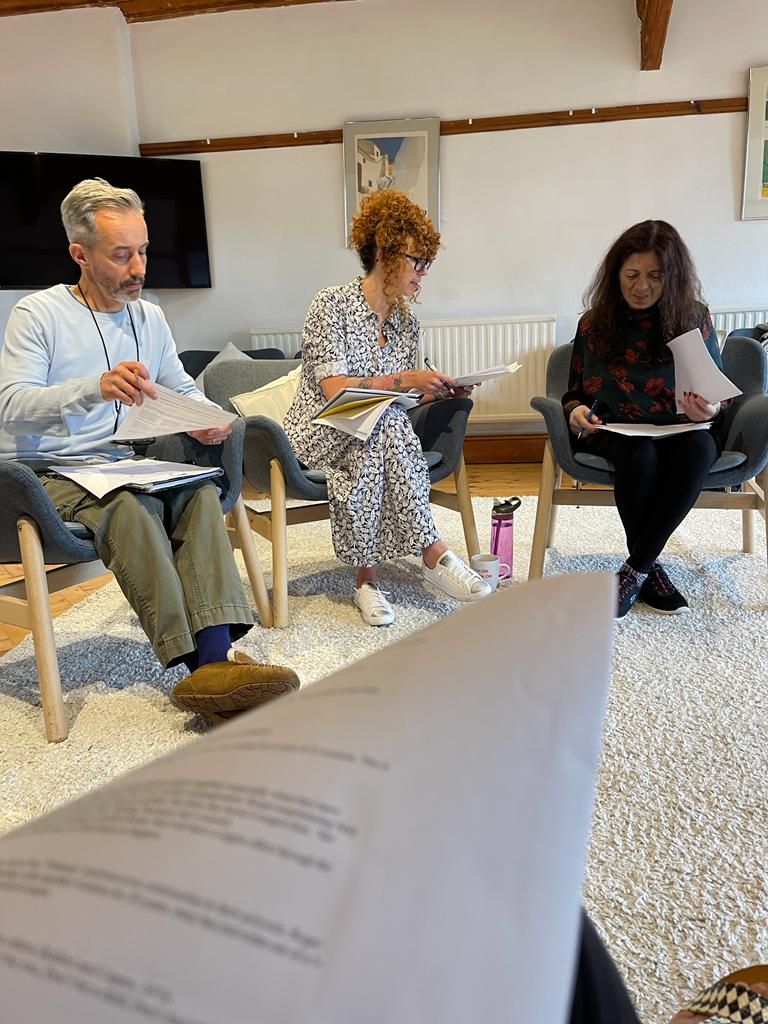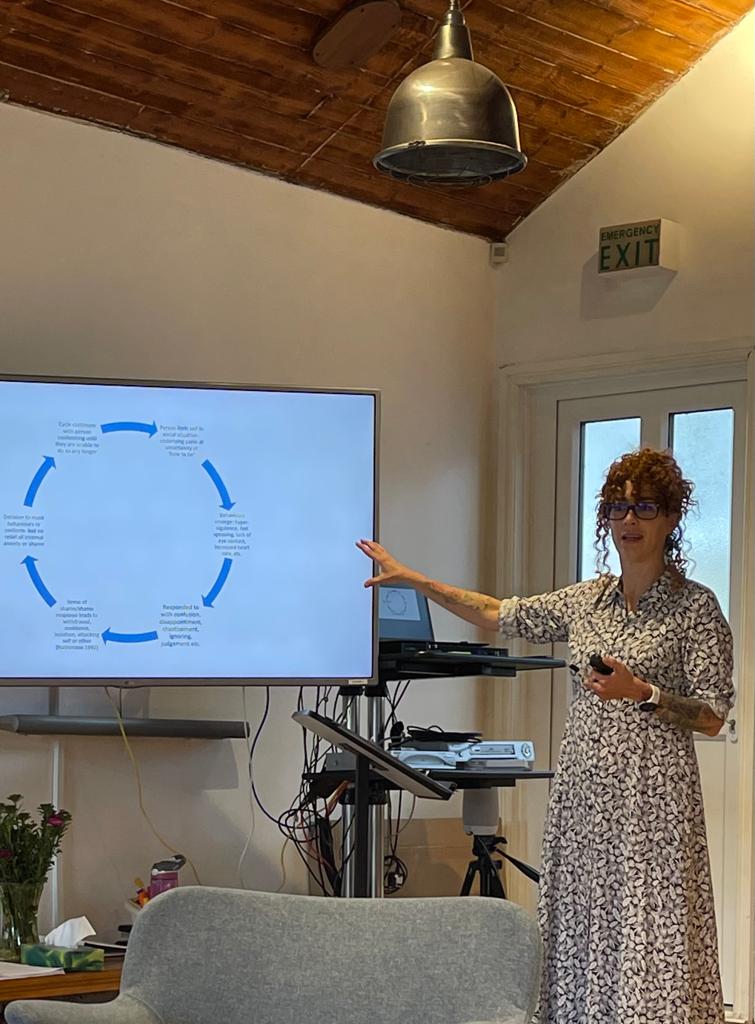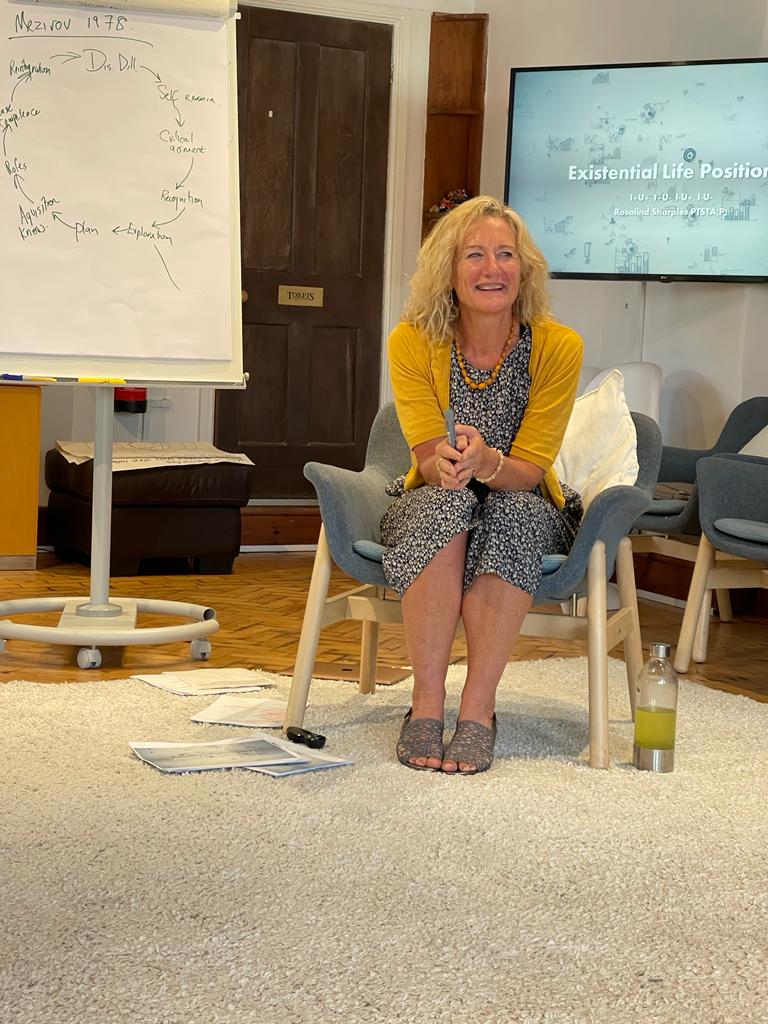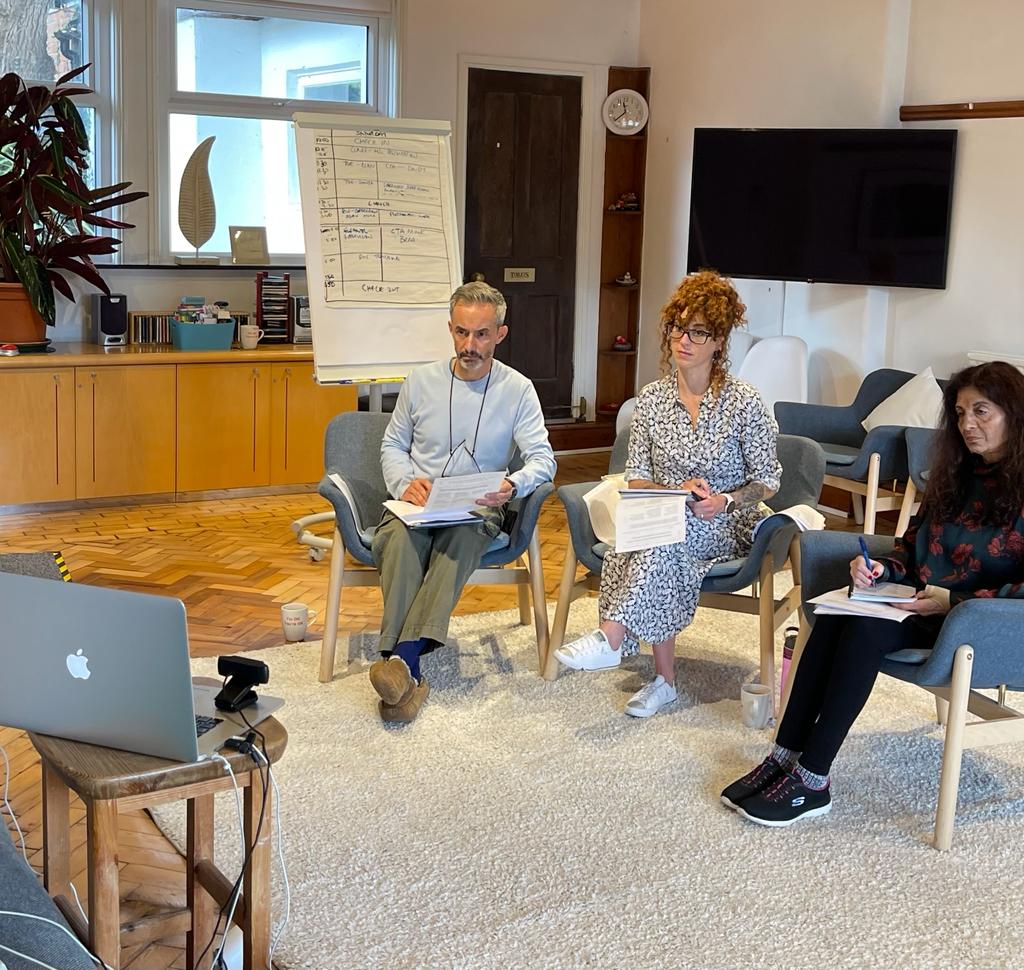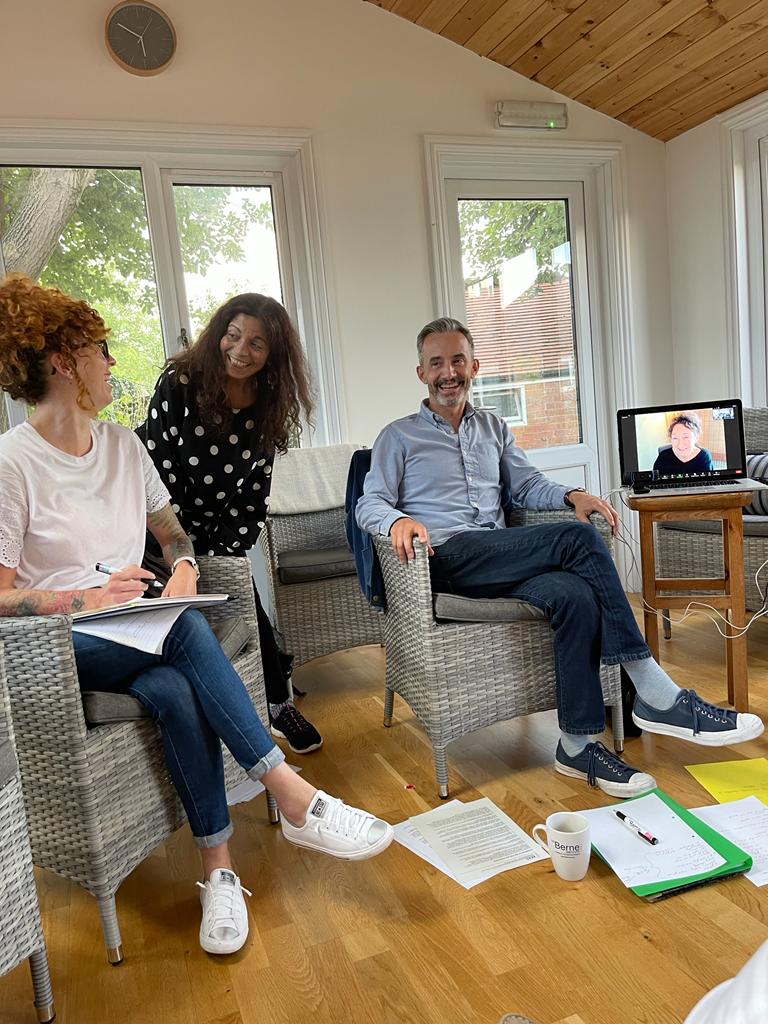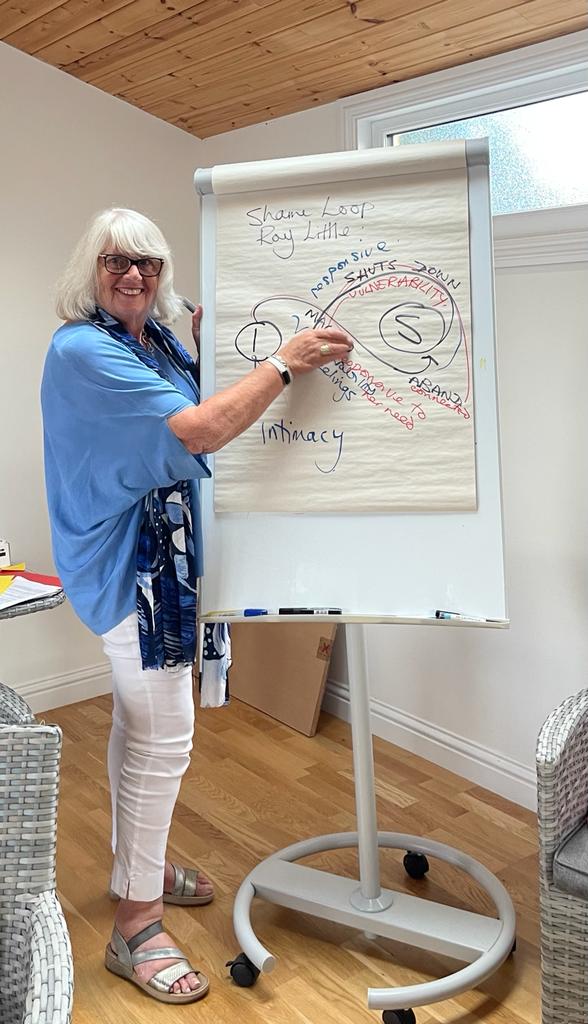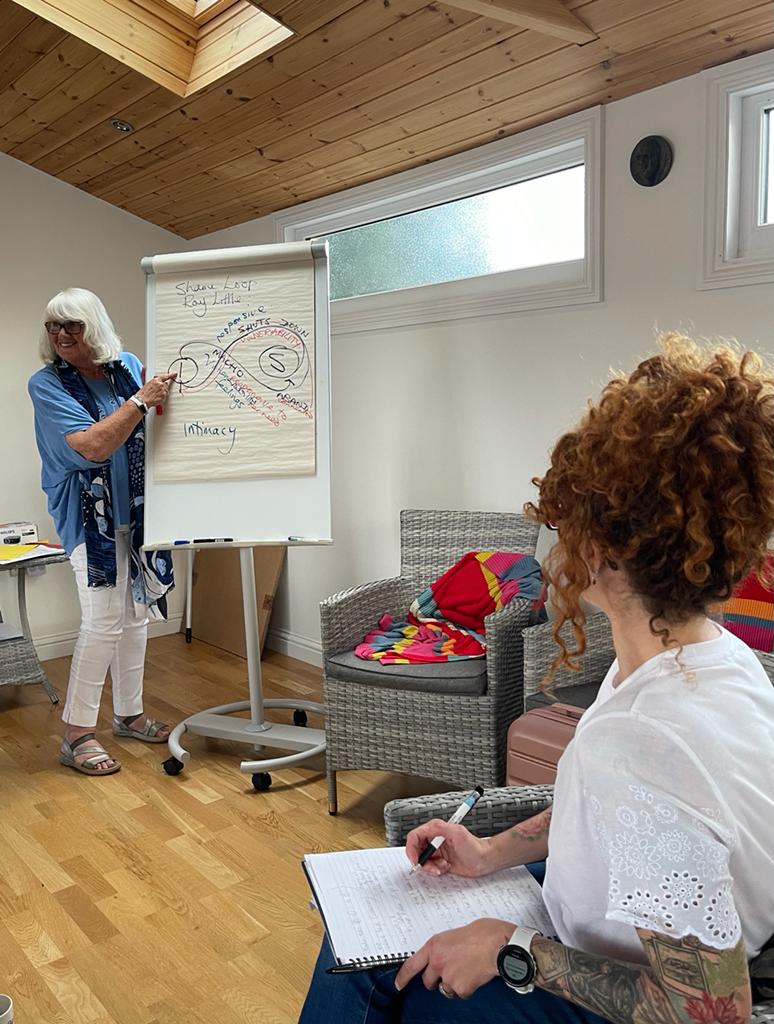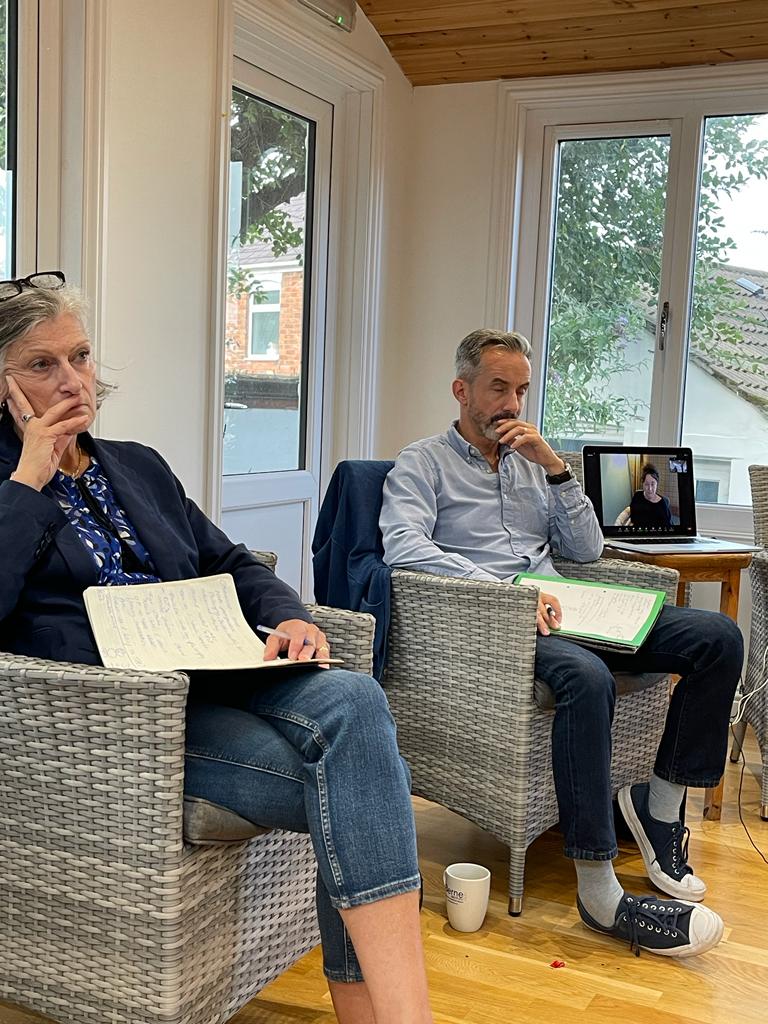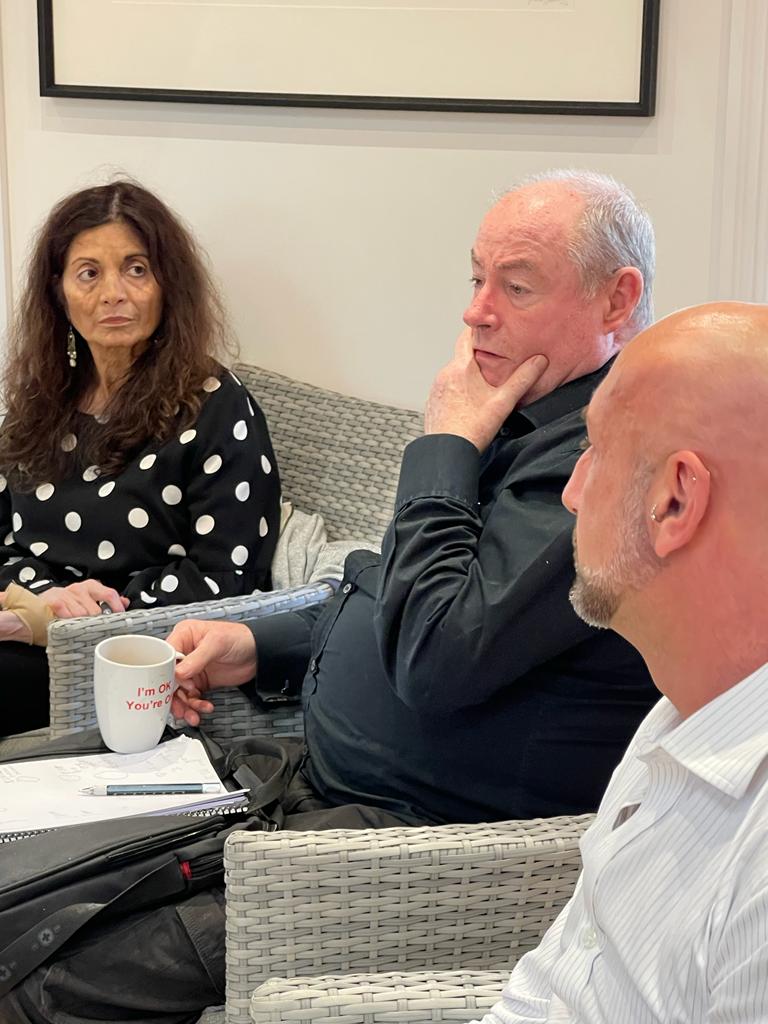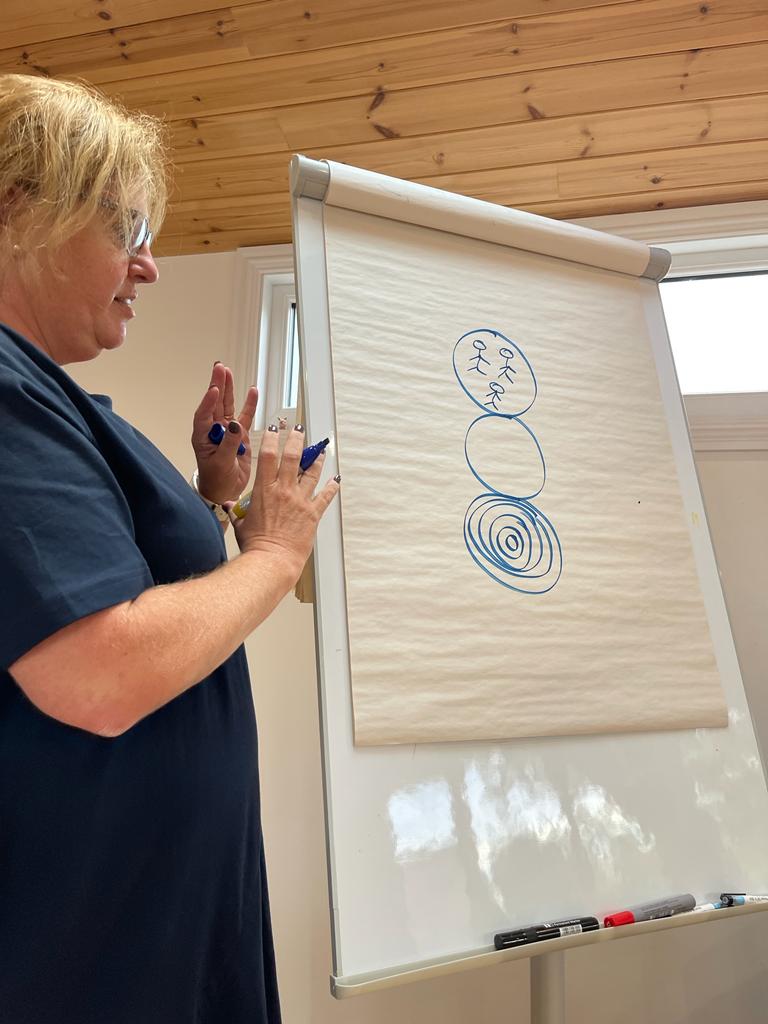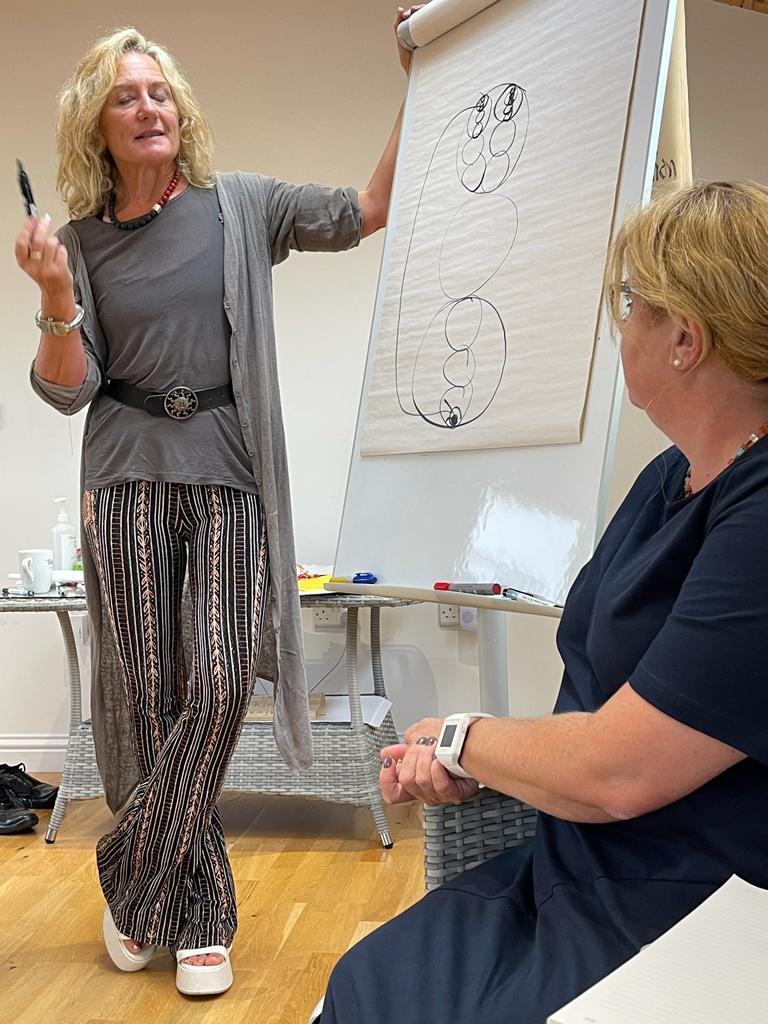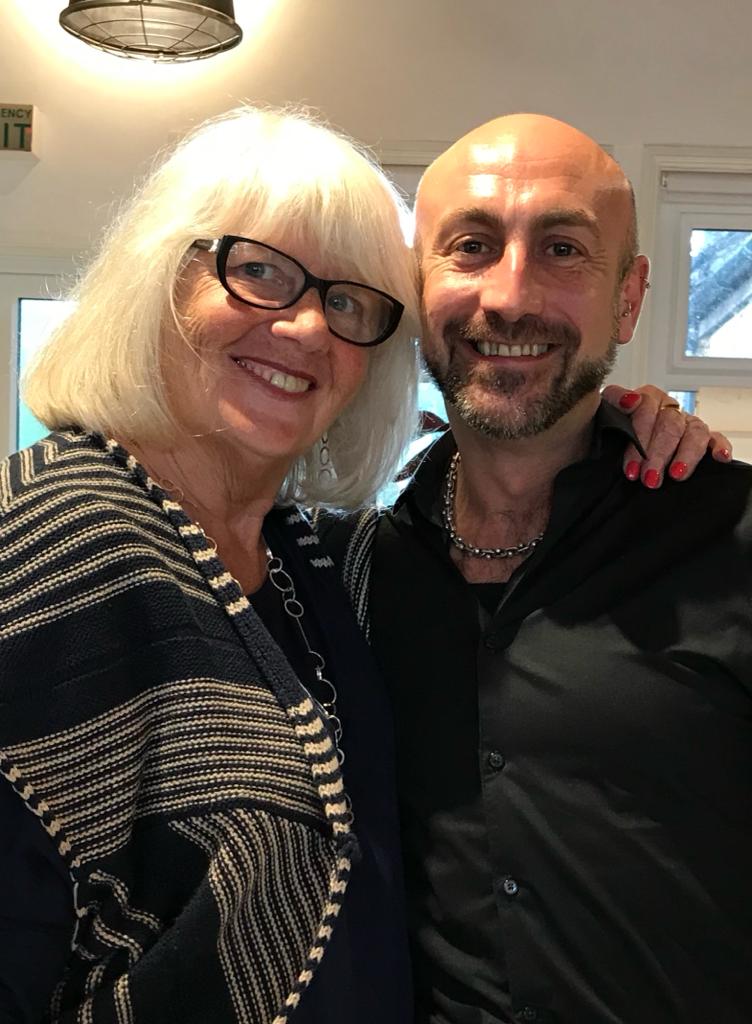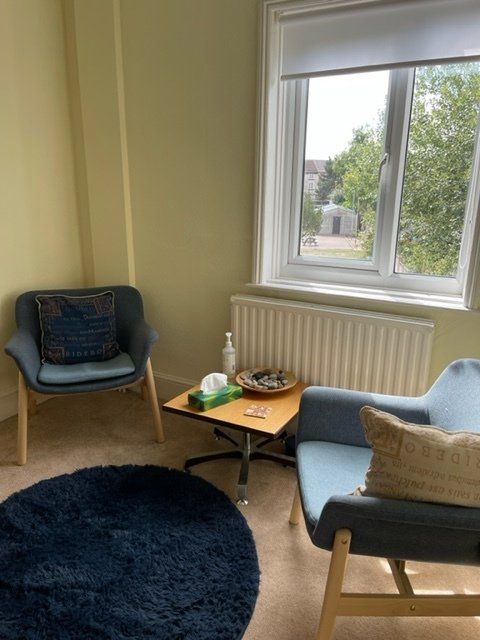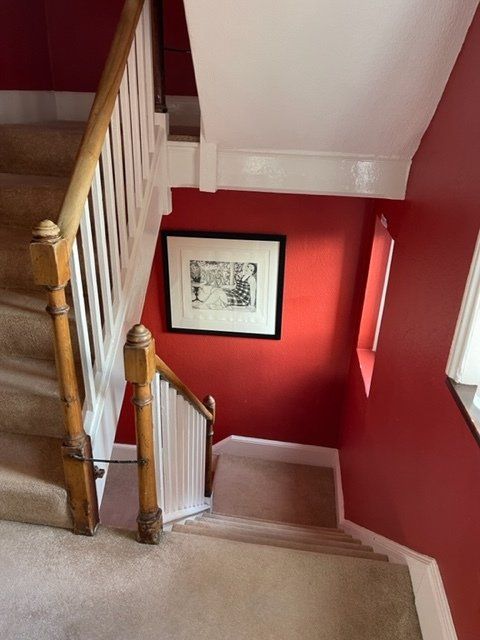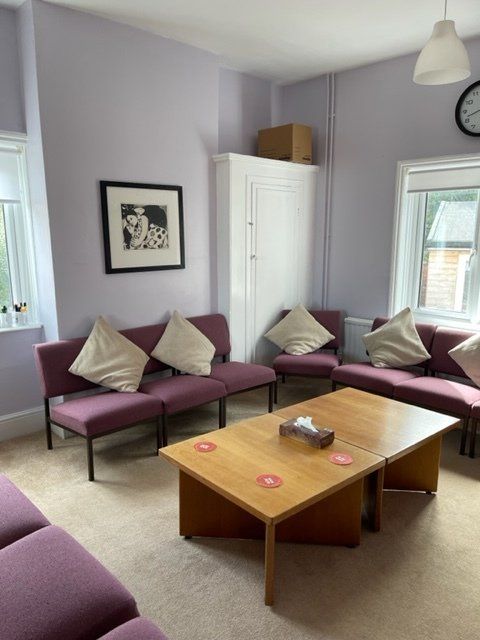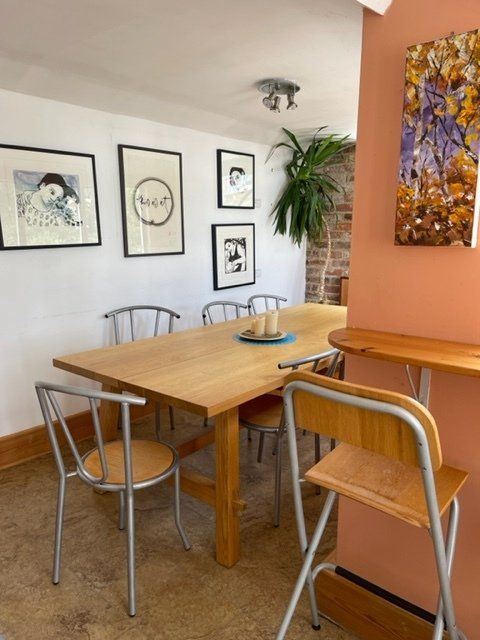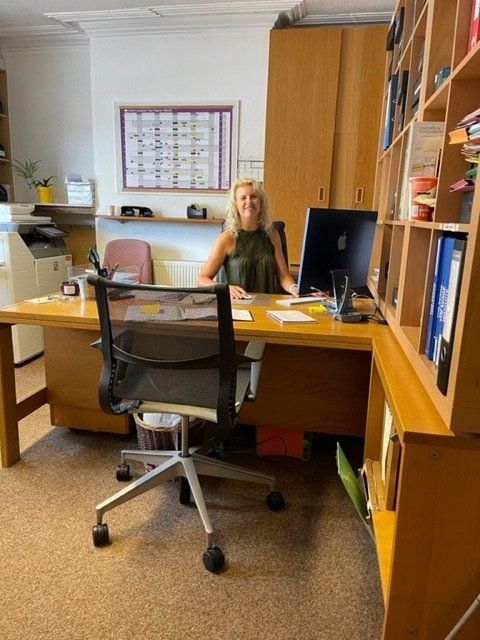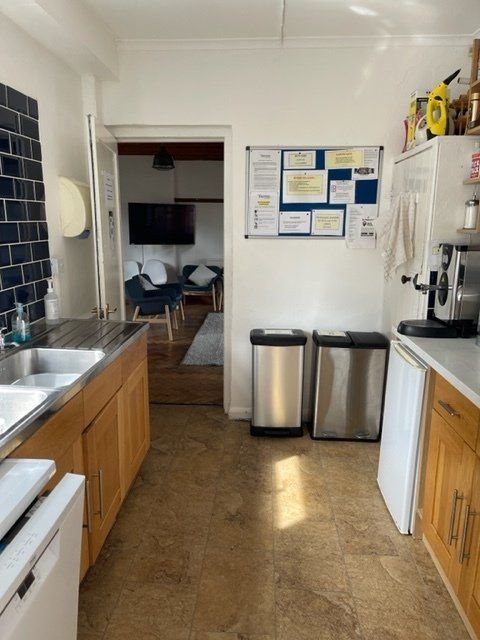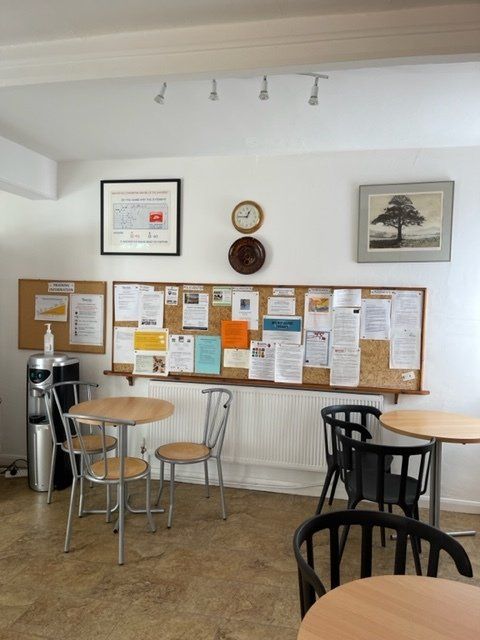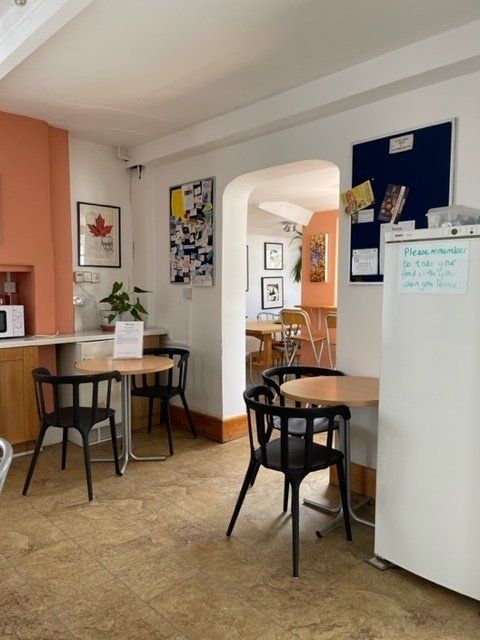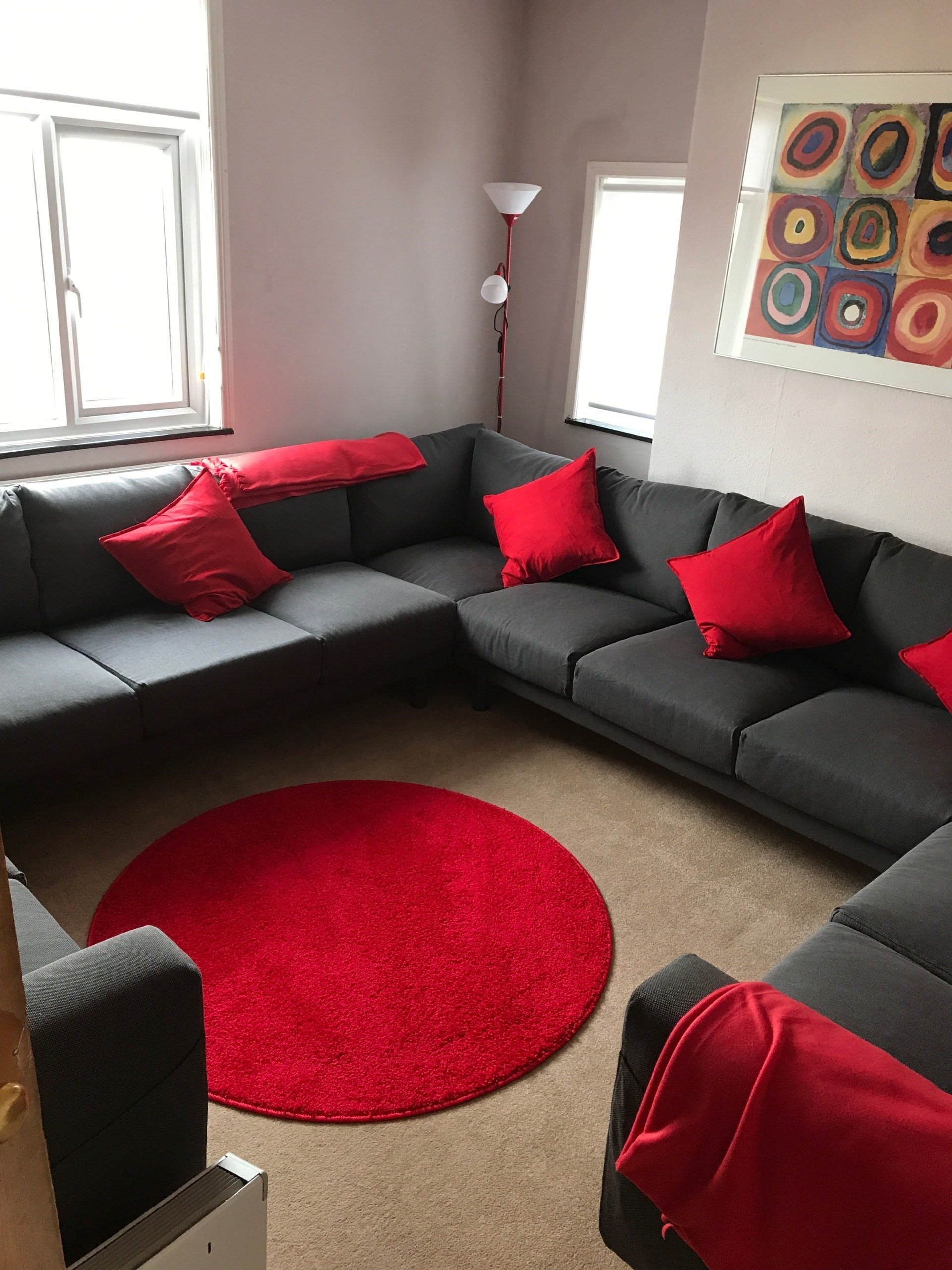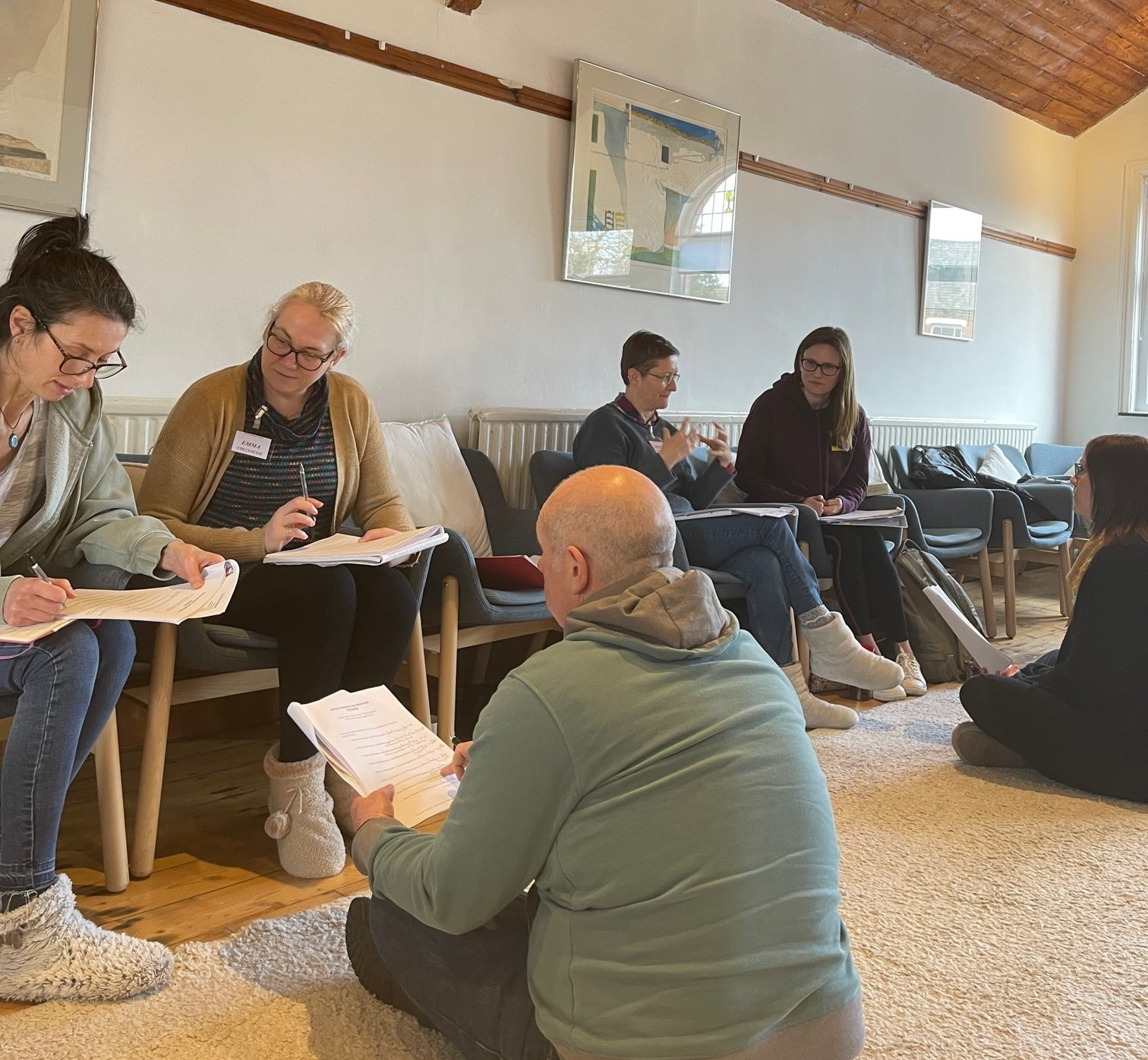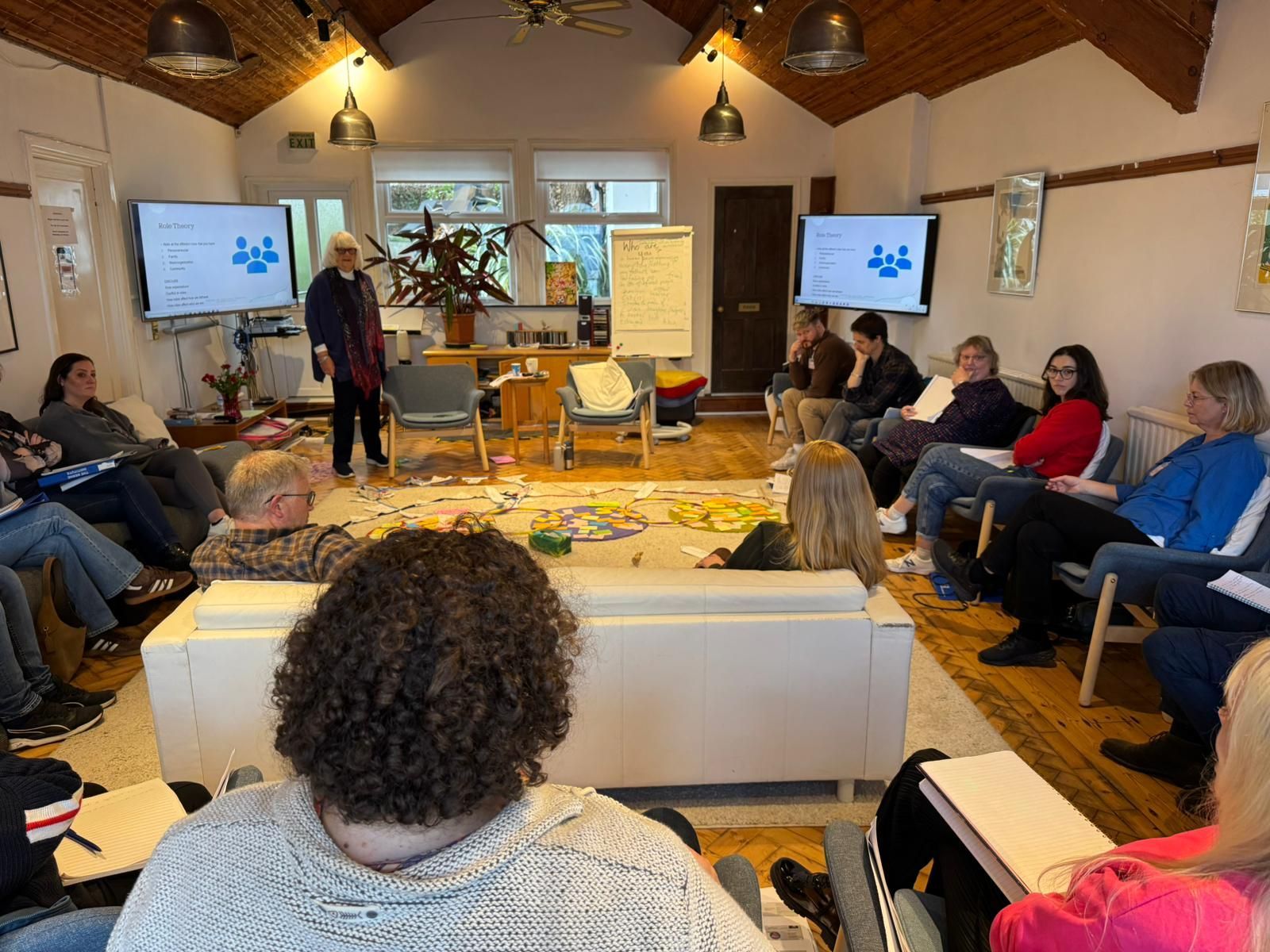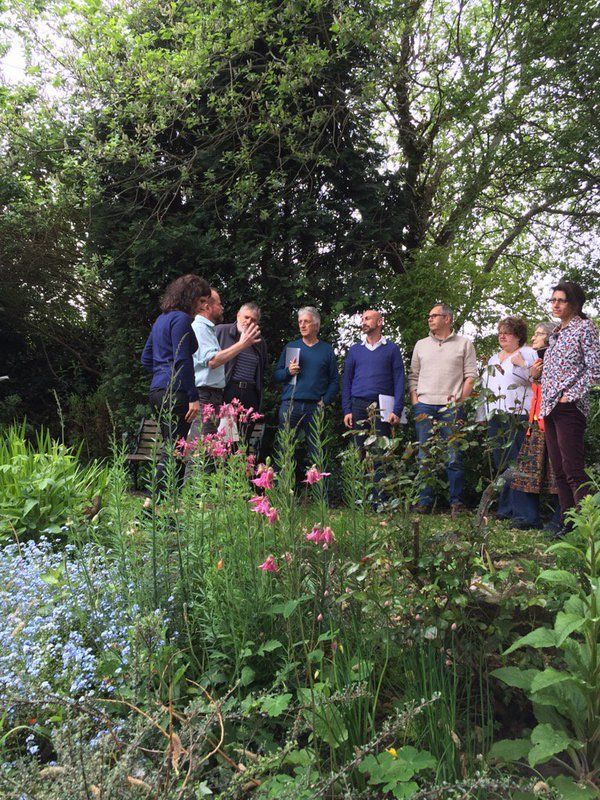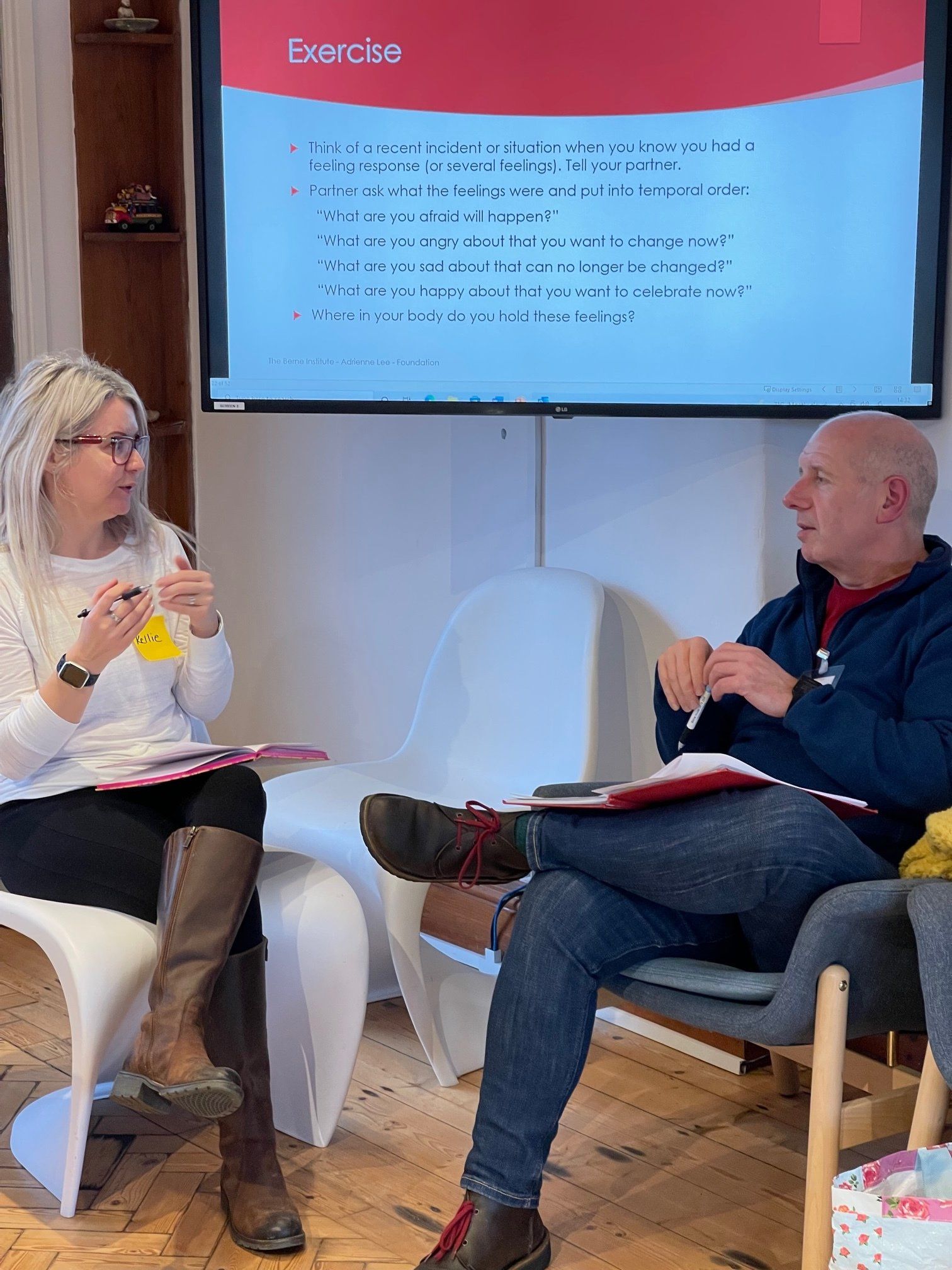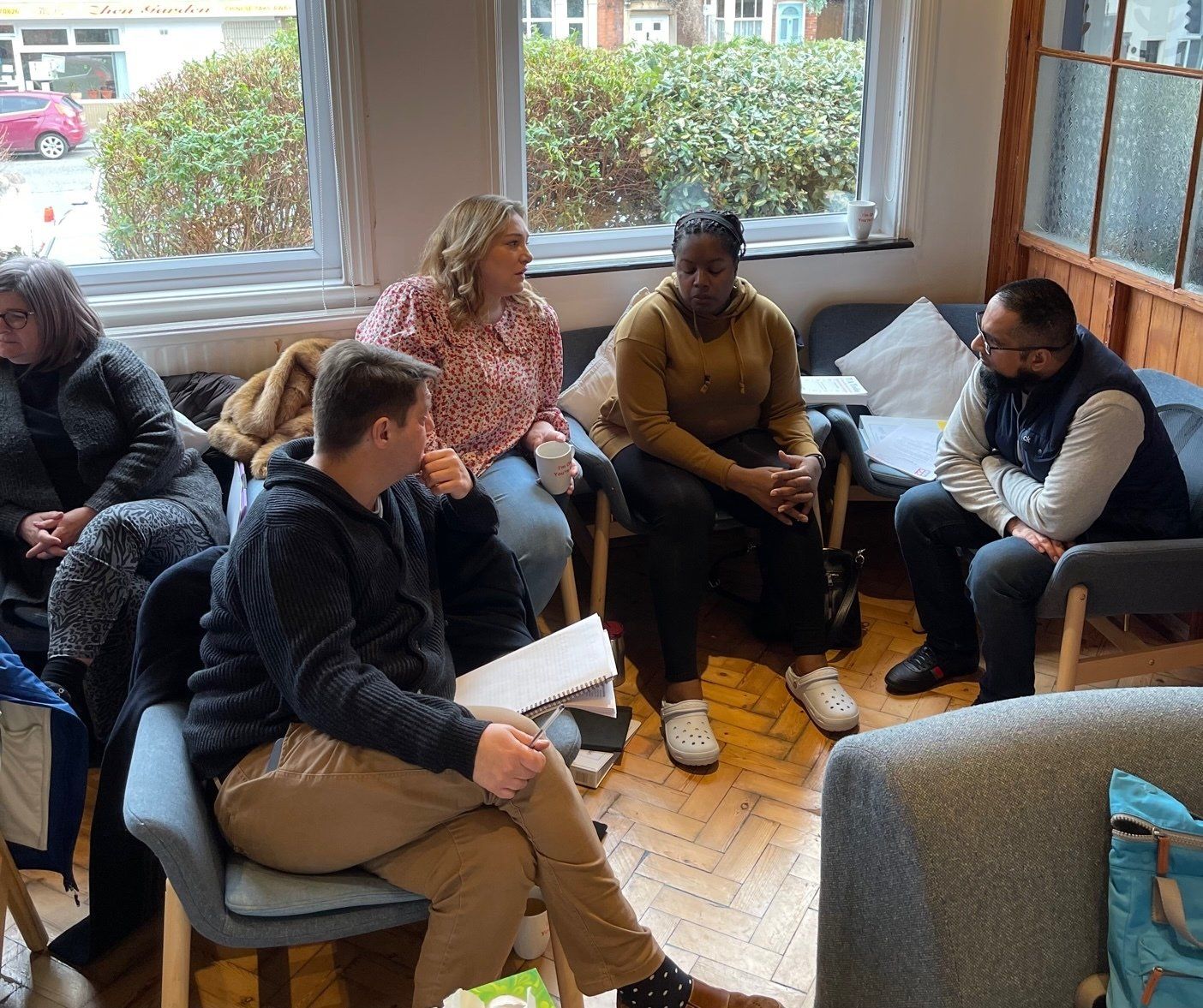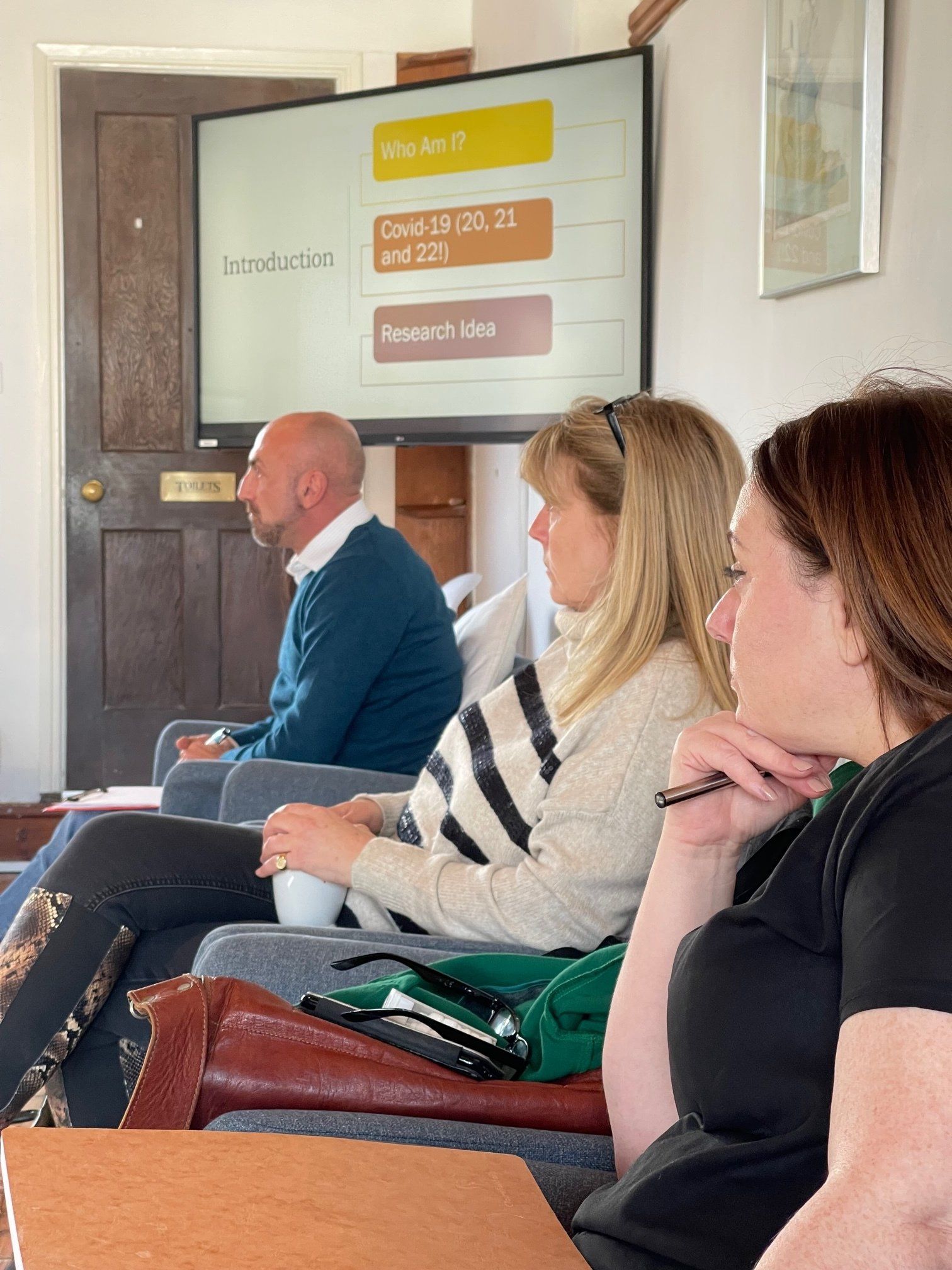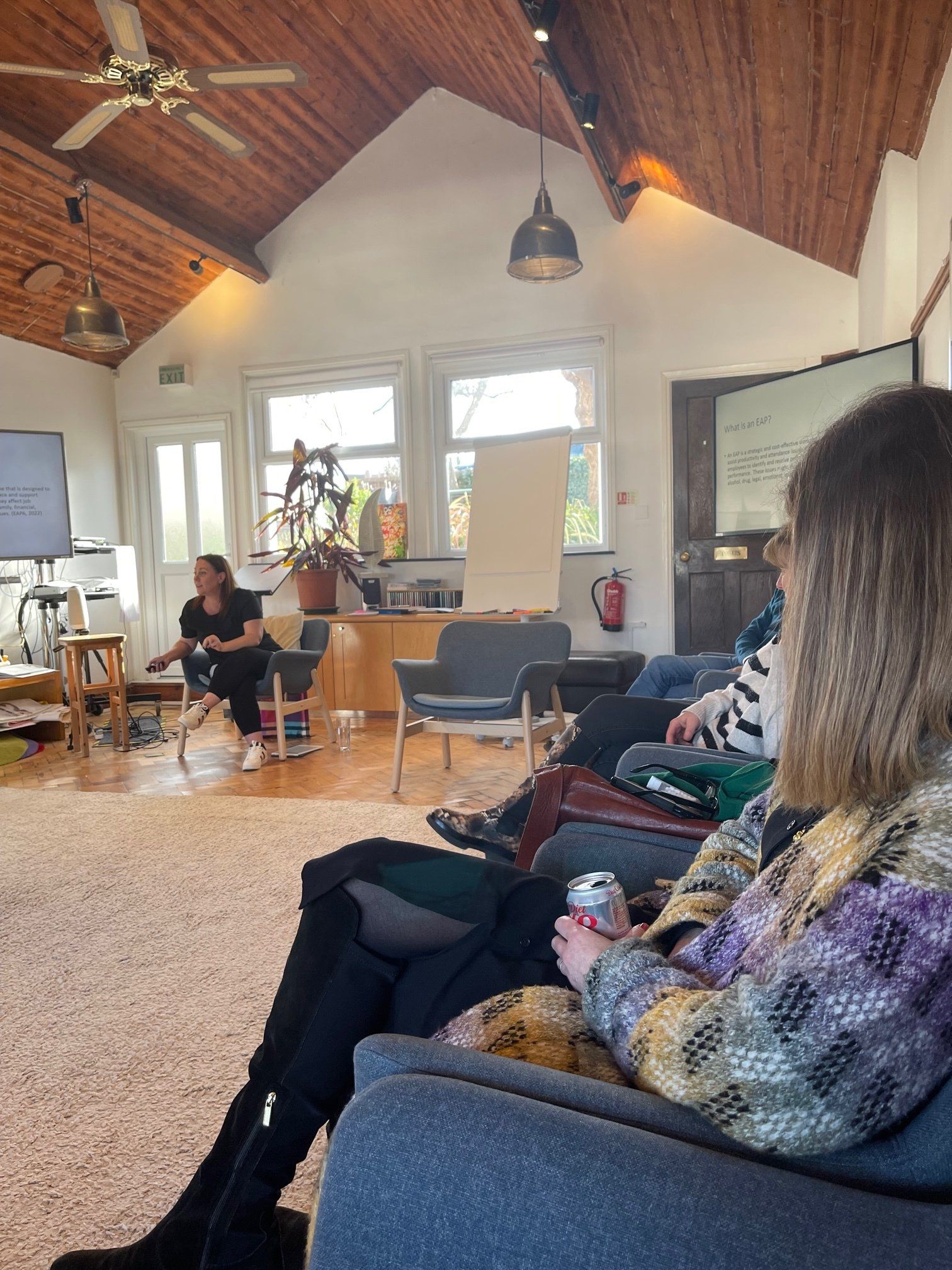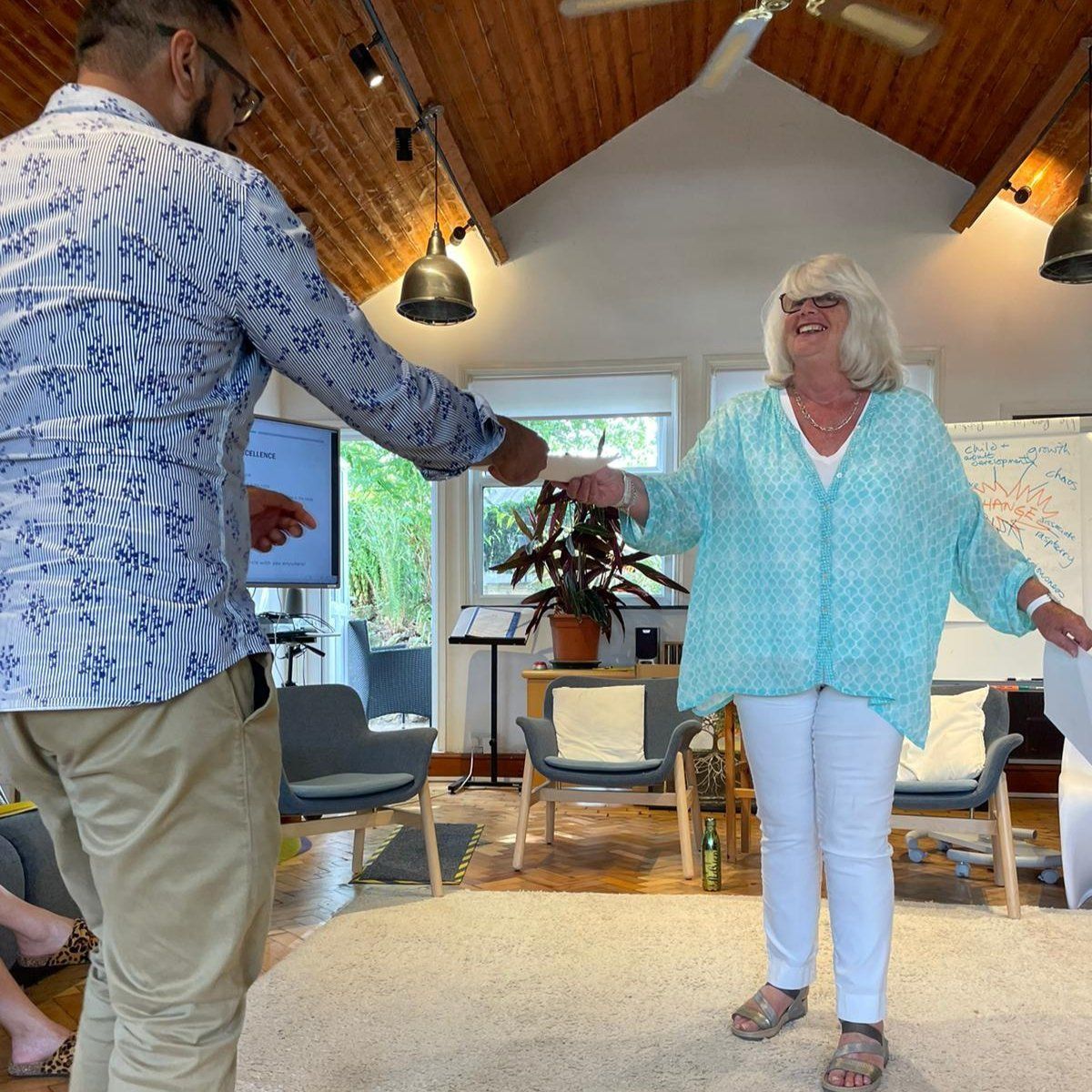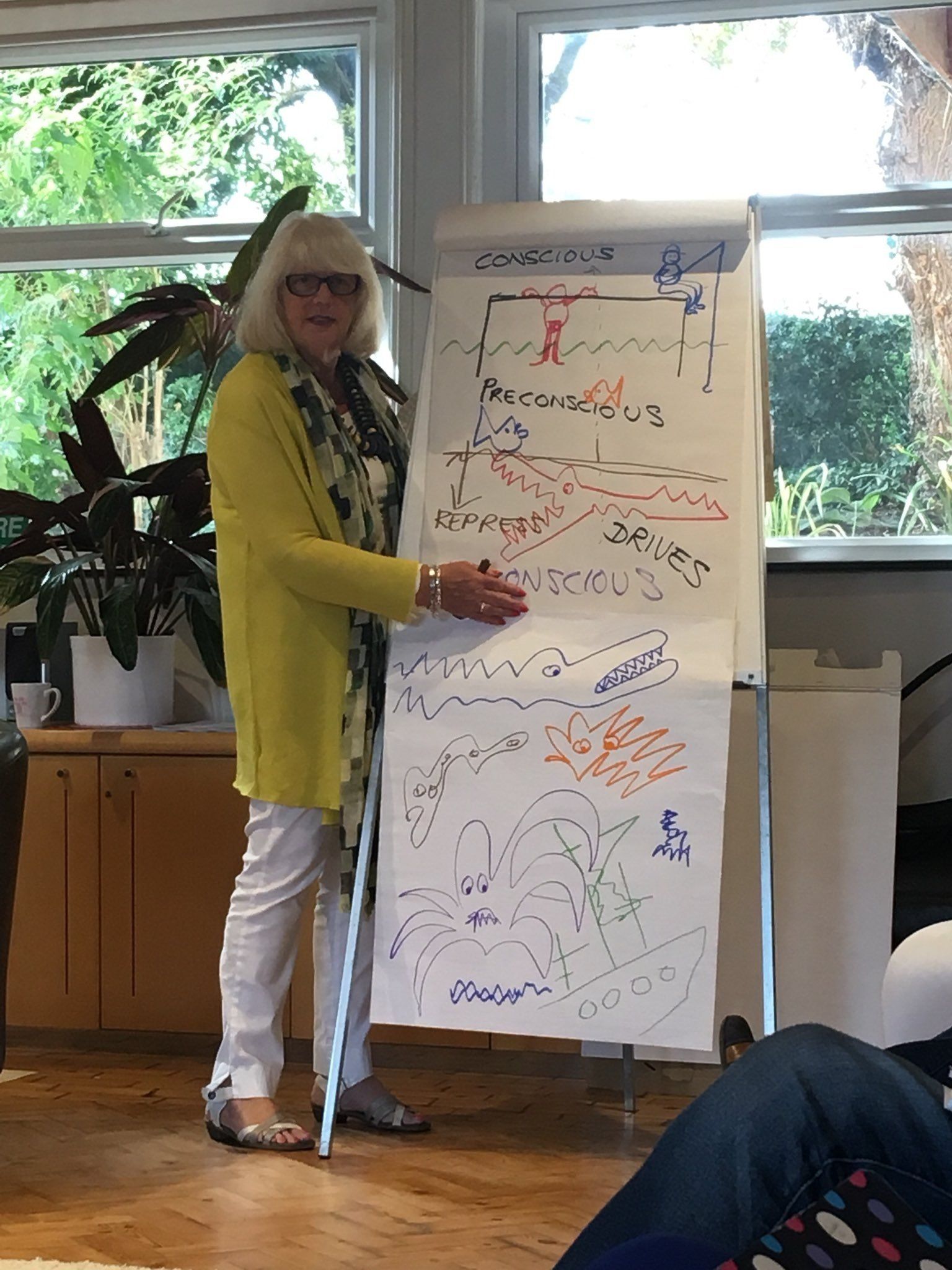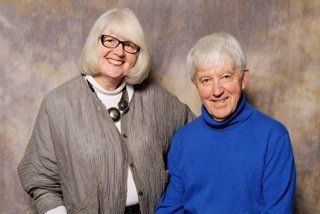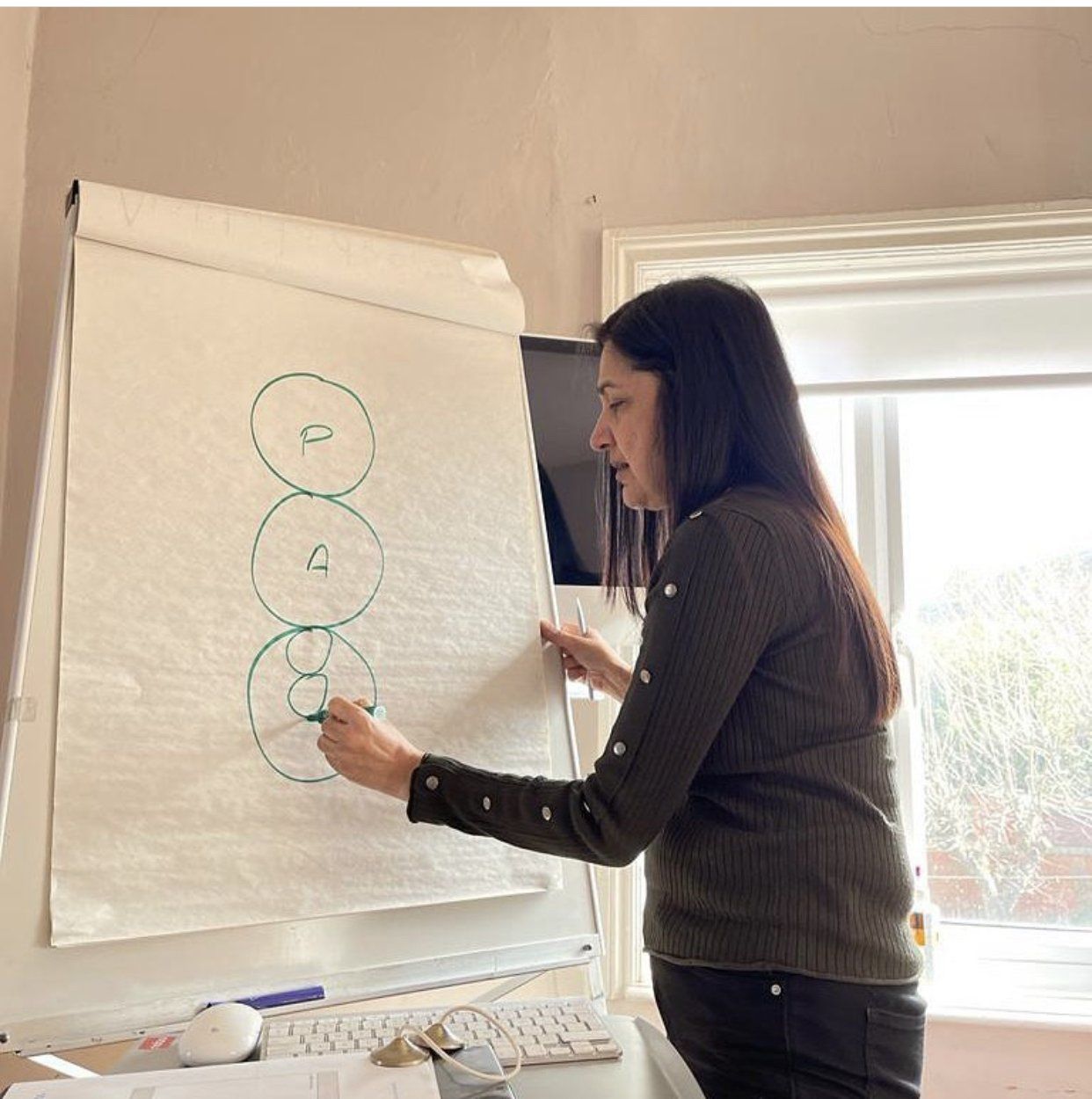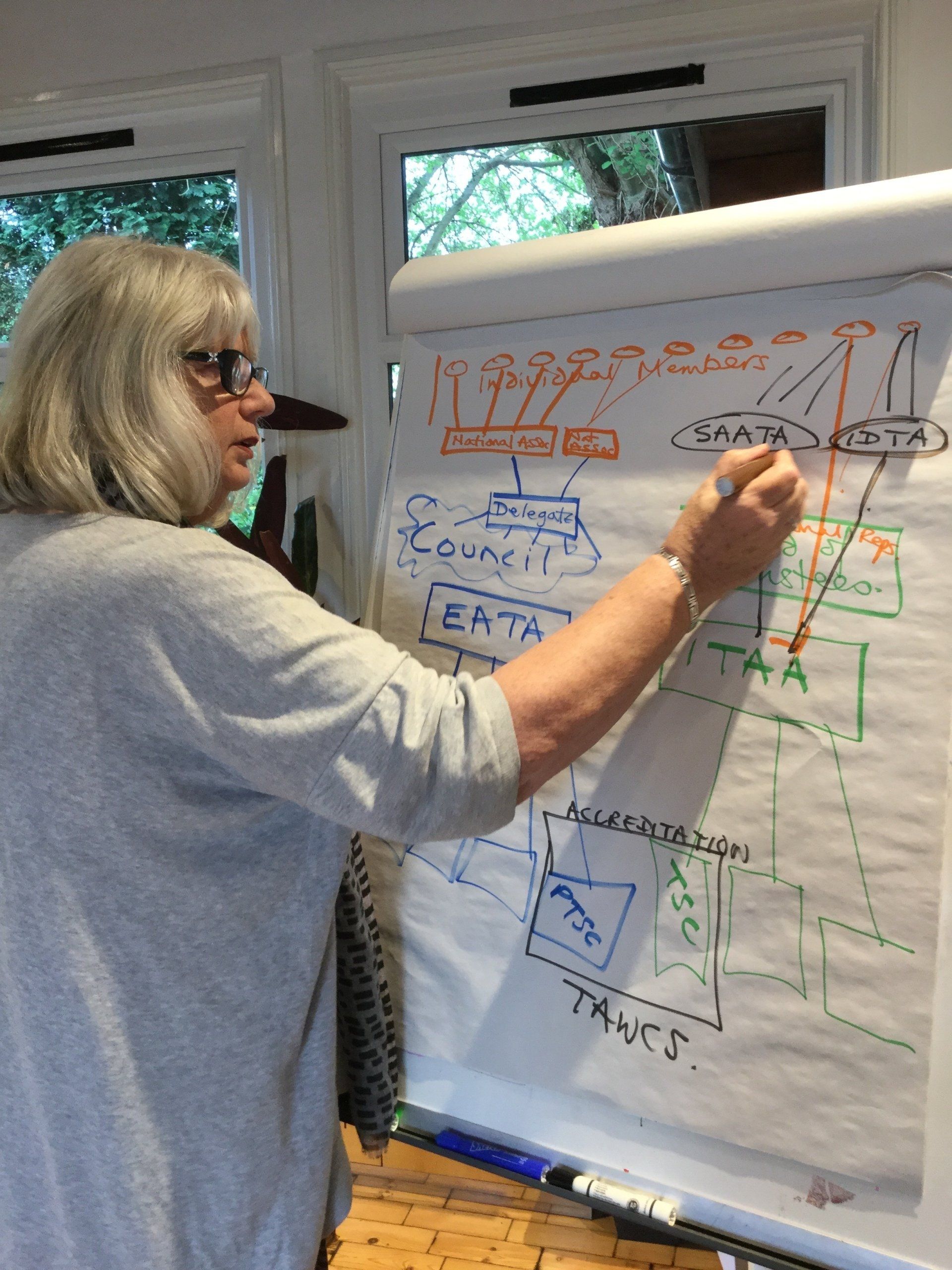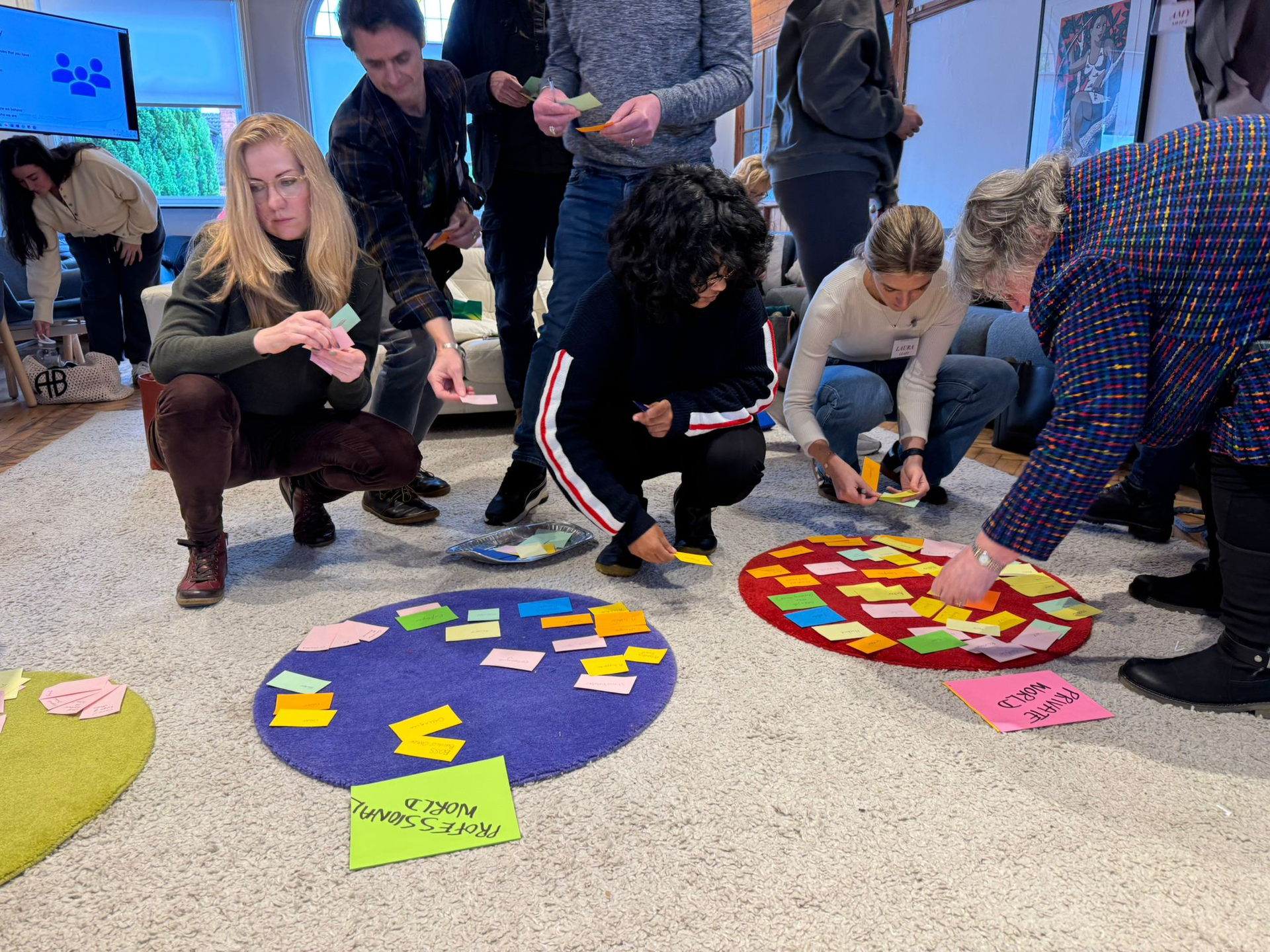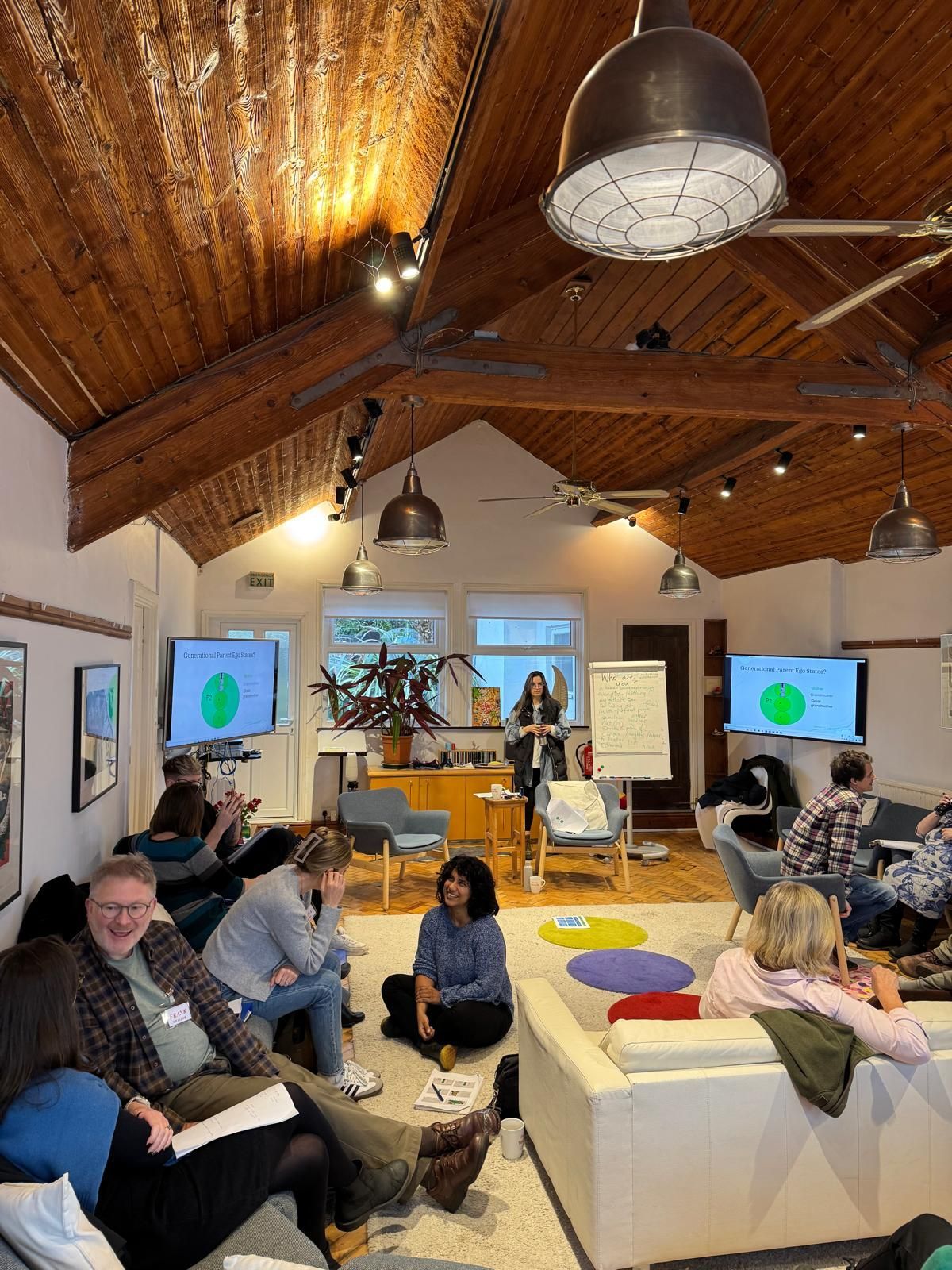Diplomas
About the Course
The Berne Institute runs two Diplomas: the in-house Berne Diploma and the Postgraduate Diploma Transactional Analysis Psychotherapeutic Counselling, Educational or Organisational, validated and quality assured by Middlesex University.
The in-house Diploma course typically requires a minimum of two years’ post-Foundation study, with 20 days of training in each year (360 hours of TA training in total). The framework for each Diploma is the same, with both being taught and assessed at level 7 (postgraduate level) but there are more stringent requirements for the Postgraduate Diploma Transactional Analysis Psychotherapeutic Counselling in terms of client practice hours and supervision hours.
Summary
Course Cost
Fees 2025/26
£500 one off fee
for The Berne Diploma exam
£4250 registration fee
for Postgraduate Diploma TA Psychotherapeutic Counselling
Course Dates
Dates 2025/26
for Diploma Exams
5th and 6th December 2025
13th June 2026
Tutors
Diploma Exams Coordinator
Cholena Mountain TSTA(P)
Our Core Philosophy
At The Berne Institute we recognise that people come into TA training with widely differing experiences of clinical practice, theoretical knowledge and formal academic learning, and that they differ widely also in their current personal resources and skills. Our courses therefore honour the uniqueness of each individual’s learning and experience and their different learning styles, pace and areas of competence.
The philosophy and practice of Homonomy that respects our mutuality and interconnectedness has been recently integrated into the Berne Institute philosophy. The aim is to expand the focus in our theory and practice from individual change to include a focus on the wider implications of our work on the whole community and our planet.

